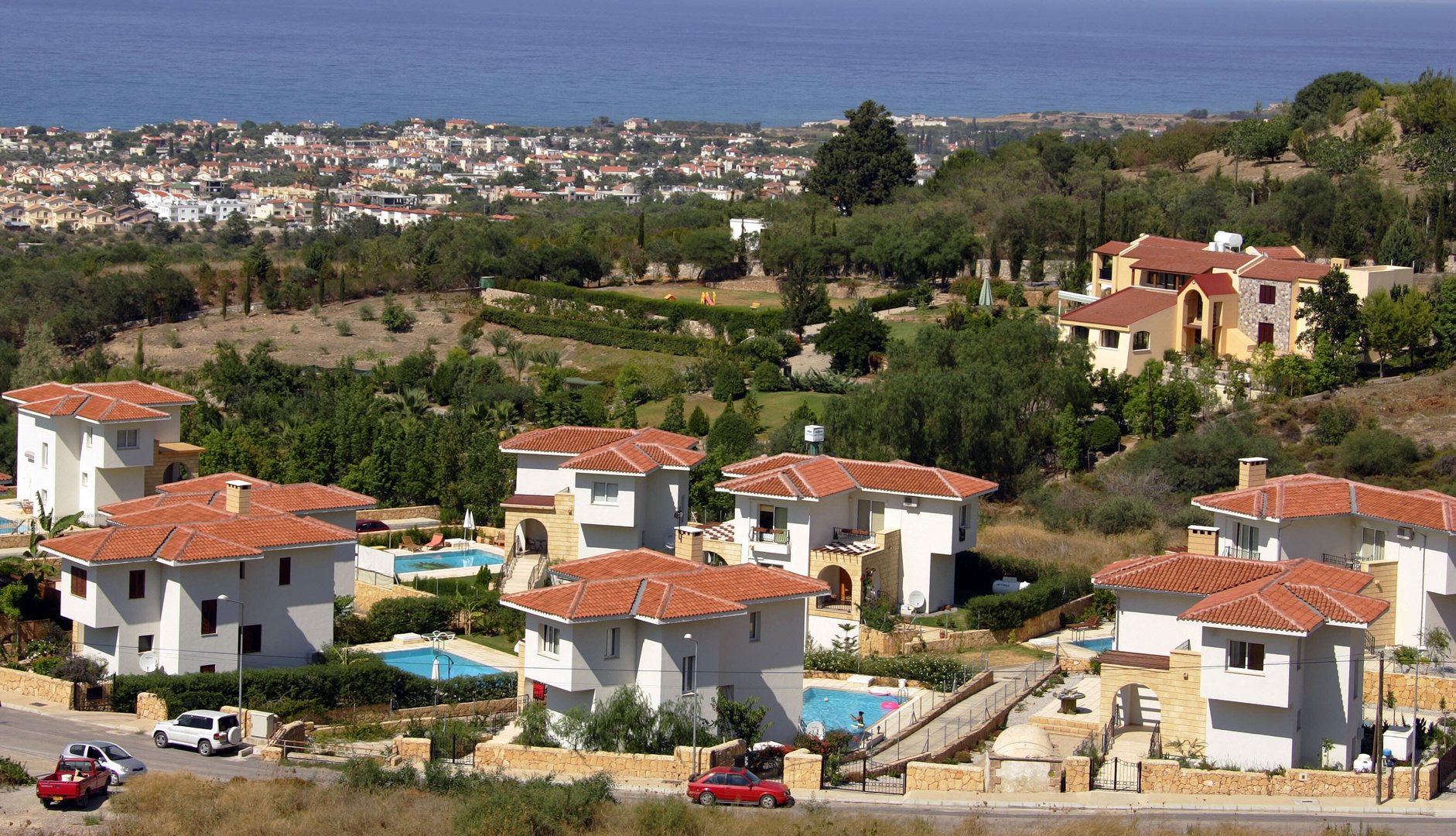Tourists are being duped into booking holiday accommodation in the north of the island through online sites that don’t distinguish which side of the divided island they are located, the House commerce committee heard on Tuesday.
The committee discussed the lack of information on booking sites that would allow holidaymakers to determine which sides of the island they would be staying, and what could be done about it to protect such consumers from the risks.
Committee president Kyriacos Hadjiyiannis called it “fraud against EU citizens who make reservations for accommodation in Cyprus without knowing that it concerns accommodation in the occupied areas as a result of which they end up in an illegal environment without their rights as consumers being guaranteed”.
“The procedures, laws and the strict operation of the single market are going astray because we, with our naivety, allow it,” he added.
He also expressed the opinion that the excuse that they were internet platforms and could not be controlled, could not be taken seriously because “European law cannot be applied to platforms operating within of the EU and the single market”.
Clarifying that any intervention would concern the legal framework for consumer protection, he said that if the government wanted to solve the problem, it could call on experts, if it does not have the expertise, and prepare proposals that it will submit to the parliament in early January.
The discussion would be put off until then, he said.
Akel deputy Andreas Pasiourtides said that the absence of a reference to “occupied Cyprus” on the online booking platforms for hotels or tourist apartments needed addressing.
The deputy ministry of tourism did not have any cooperation with travel organisers in the north, he said, and until now all approaches to the booking sites had been unsuccessful since, as private companies they refuse to remove the north from their lists.
Efforts should be intensified, Pasiourtides said, so that if nothing else, they are clearly obliged to inform prospective clients about the location and allow tourists to stay there at their own risk.
“The necessary actions must be taken in a political and diplomatic level to oblige these platforms to clearly inform the user, from the first moment, that the area in which the offered accommodation is located is under Turkish occupation and to let them know of the risks that exist,” he concluded.







Click here to change your cookie preferences